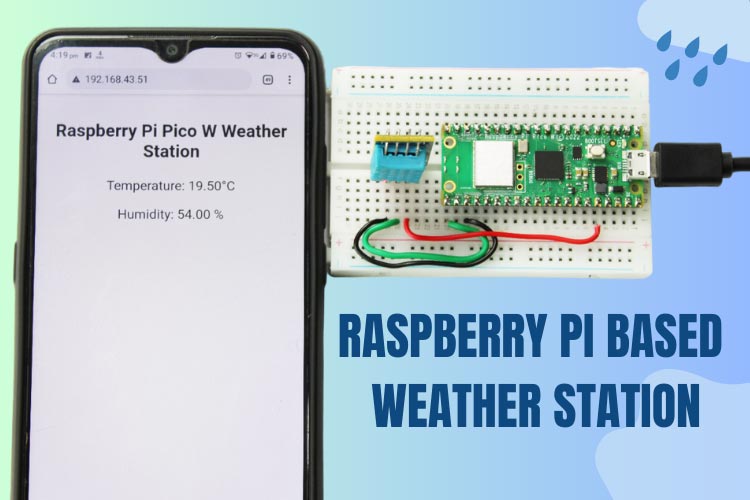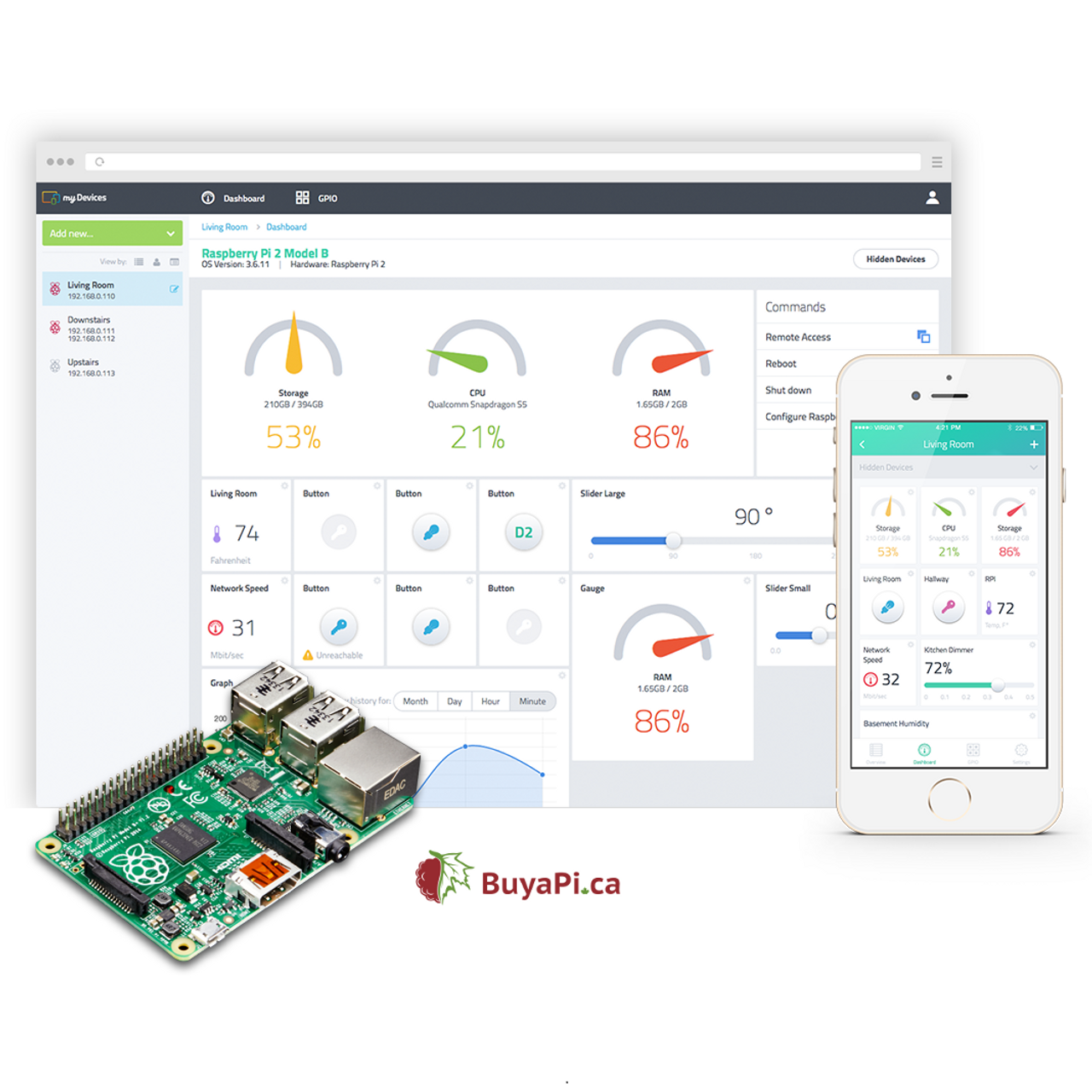Best SSH IoT Platform For Raspberry Pi: Unlocking The Potential Of Your Smart Devices
Are you diving into the world of IoT and wondering which SSH IoT platform is the best for Raspberry Pi? Well, you're in the right place! In this article, we'll break down the top platforms that can supercharge your Raspberry Pi projects. Whether you're a beginner or a seasoned pro, we’ve got all the info you need to make the right choice.
With the rise of smart homes, automation, and connected devices, Raspberry Pi has become the go-to gadget for hobbyists and professionals alike. But here’s the deal—getting the most out of your Pi requires the right tools. An SSH IoT platform can be your secret weapon, making it easier to manage, monitor, and control your IoT devices remotely.
In this guide, we’ll explore the best SSH IoT platforms for Raspberry Pi, complete with real-world examples, expert tips, and even a few tricks up our sleeve. So, buckle up and let’s dive in!
- Alice Rossenblum Leaked Unveiling The Truth Behind The Controversy
- Alice Rosenblum Onlyfans Leak The Untold Story You Need To Know
Table of Contents
- What is an SSH IoT Platform?
- Why Use Raspberry Pi for IoT?
- Top SSH IoT Platforms for Raspberry Pi
- Key Features to Look For
- Comparison of Popular SSH IoT Platforms
- Step-by-Step Setup Guide
- Security Considerations
- Cost Implications
- Community Support and Resources
- Conclusion
What is an SSH IoT Platform?
Alright, let’s start with the basics. SSH stands for Secure Shell, and it’s a protocol that lets you securely connect to and manage remote devices. When we talk about an SSH IoT platform, we’re referring to a system or service that uses SSH to help you interact with IoT devices like your trusty Raspberry Pi.
These platforms are designed to simplify the process of deploying, managing, and monitoring IoT projects. They often come with built-in tools for automation, data collection, and remote access—all of which are essential for building robust IoT solutions.
Now, why does this matter for Raspberry Pi users? Well, Raspberry Pi is basically a mini computer that can run a variety of operating systems and applications. With an SSH IoT platform, you can unlock its full potential by controlling it from anywhere in the world. Pretty cool, right?
- Samantha Lewes The Rising Star Whos Taking The World By Storm
- David Muir Partner The Untold Story Of Abcs Dynamic Duo
How Does SSH Work?
SSH works by creating an encrypted connection between your device and the remote system—in this case, your Raspberry Pi. This ensures that your data remains secure while you’re tinkering with your IoT setup.
- SSH encrypts all data transmitted between devices.
- It uses public and private keys for authentication, adding an extra layer of security.
- You can execute commands, transfer files, and even set up automated scripts using SSH.
Why Use Raspberry Pi for IoT?
Before we dive into the best SSH IoT platforms, let’s talk about why Raspberry Pi is such a popular choice for IoT enthusiasts. It’s not just because it’s cute and compact—it’s also incredibly versatile and affordable.
Raspberry Pi is essentially a tiny computer that can run Linux-based operating systems. This makes it perfect for running IoT applications, as most IoT platforms are built on Linux. Plus, it has a ton of GPIO pins, which allow you to connect sensors, actuators, and other hardware components.
Here are a few reasons why Raspberry Pi is ideal for IoT:
- Affordable: You can get a Raspberry Pi for under $35, making it accessible to hobbyists and professionals alike.
- Versatile: It supports a wide range of operating systems and programming languages, giving you flexibility in your projects.
- Community Support: There’s a massive community of Raspberry Pi enthusiasts who share tutorials, code, and tips.
- Expandable: With add-ons like HATs and shields, you can customize your Pi for specific use cases.
Top SSH IoT Platforms for Raspberry Pi
Now that we’ve covered the basics, let’s get to the good stuff—the best SSH IoT platforms for Raspberry Pi. These platforms are designed to make your IoT projects easier, more secure, and more efficient.
1. Adafruit IO
Adafruit IO is a cloud-based IoT platform that integrates seamlessly with Raspberry Pi. It’s great for beginners because it offers a user-friendly interface and tons of pre-built examples. Plus, it supports SSH for secure remote access.
- Pros: Easy to set up, great for beginners, tons of tutorials.
- Cons: Limited free tier, some advanced features require paid plans.
2. ThingsBoard
ThingsBoard is an open-source IoT platform that’s gaining popularity among Raspberry Pi users. It’s highly customizable and offers advanced features like data visualization, device management, and rule engine capabilities.
- Pros: Free and open-source, highly customizable, great for advanced users.
- Cons: Steeper learning curve, requires more setup.
3. Home Assistant
Home Assistant is another popular choice for Raspberry Pi users, especially those interested in home automation. It supports SSH for remote access and integrates with a wide range of smart home devices.
- Pros: Free and open-source, great for home automation, large community support.
- Cons: May require some technical know-how to set up.
Key Features to Look For
When choosing an SSH IoT platform for your Raspberry Pi, there are a few key features you should keep in mind:
- Security: Look for platforms that offer strong encryption and authentication methods.
- Scalability: Make sure the platform can grow with your project as you add more devices.
- Ease of Use: If you’re new to IoT, opt for a platform with a user-friendly interface and plenty of documentation.
- Integration: Check if the platform integrates with other tools and services you’re using.
Why Security Matters
Security is a big deal when it comes to IoT, especially if you’re managing devices remotely. An SSH IoT platform should offer features like:
- Public and private key authentication.
- Encrypted data transfer.
- Regular security updates.
Comparison of Popular SSH IoT Platforms
Let’s compare some of the top SSH IoT platforms for Raspberry Pi based on key features:
| Platform | Price | Security | Scalability | Community Support |
|---|---|---|---|---|
| Adafruit IO | Free/Paid | Strong | Good | Excellent |
| ThingsBoard | Free | Very Strong | Excellent | Good |
| Home Assistant | Free | Strong | Good | Excellent |
Step-by-Step Setup Guide
Ready to set up your Raspberry Pi with an SSH IoT platform? Here’s a quick guide to get you started:
Step 1: Install the Operating System
Start by installing a Linux-based operating system on your Raspberry Pi. Raspbian is a great choice for beginners, but you can also use other distributions like Ubuntu.
Step 2: Enable SSH
Next, enable SSH on your Raspberry Pi. You can do this by running the following command in the terminal:
sudo raspi-config
Then, navigate to "Interfacing Options" and enable SSH.
Step 3: Connect to Your Platform
Once SSH is enabled, you can connect your Raspberry Pi to your chosen IoT platform. Most platforms will provide detailed instructions on how to do this, so make sure to follow them carefully.
Security Considerations
As we mentioned earlier, security is crucial when it comes to IoT. Here are a few tips to keep your Raspberry Pi and SSH IoT platform secure:
- Use strong passwords and enable two-factor authentication whenever possible.
- Regularly update your operating system and platform software.
- Limit SSH access to trusted IP addresses.
Cost Implications
Cost is always a consideration when choosing an IoT platform. While some platforms like ThingsBoard and Home Assistant are free, others may require a subscription for advanced features. Make sure to weigh the costs against the benefits before making a decision.
Community Support and Resources
One of the best things about Raspberry Pi is the amazing community that surrounds it. Whether you’re stuck on a coding issue or need help setting up your SSH IoT platform, there’s always someone out there who’s been through it before.
Some great resources to check out include:
- Raspberry Pi Forums: A go-to place for all things Raspberry Pi.
- Adafruit Learning System: Tons of tutorials and guides for Adafruit IO users.
- ThingsBoard Documentation: Comprehensive docs for setting up and using ThingsBoard.
Conclusion
So, there you have it—the best SSH IoT platforms for Raspberry Pi. Whether you choose Adafruit IO for its simplicity, ThingsBoard for its flexibility, or Home Assistant for its home automation prowess, you’re sure to find a platform that meets your needs.
Remember, the key to a successful IoT project is choosing the right tools and taking security seriously. With the right SSH IoT platform, your Raspberry Pi can become the powerhouse behind your smart home, automation projects, and more.
Got any questions or tips of your own? Drop a comment below and let’s keep the conversation going. And don’t forget to share this article with your fellow IoT enthusiasts!



Detail Author:
- Name : Rebekah Nikolaus
- Username : gerardo60
- Email : lela.maggio@hotmail.com
- Birthdate : 1972-08-31
- Address : 58885 Carmel Valley Apt. 406 Rosalindfort, NC 63027-2534
- Phone : +18318206933
- Company : Stracke-Gorczany
- Job : Library Worker
- Bio : Deleniti repellendus nihil qui totam. Voluptatem eos ex officiis dolor expedita ipsa. Beatae qui sint quasi nihil mollitia molestiae.
Socials
tiktok:
- url : https://tiktok.com/@romaskiles
- username : romaskiles
- bio : Amet atque illum a aut. Repellat ab aliquid culpa sed doloremque.
- followers : 543
- following : 190
instagram:
- url : https://instagram.com/roma4893
- username : roma4893
- bio : Expedita quia debitis rerum voluptatem. Eum maiores accusantium qui eum quam dolores.
- followers : 5382
- following : 2243